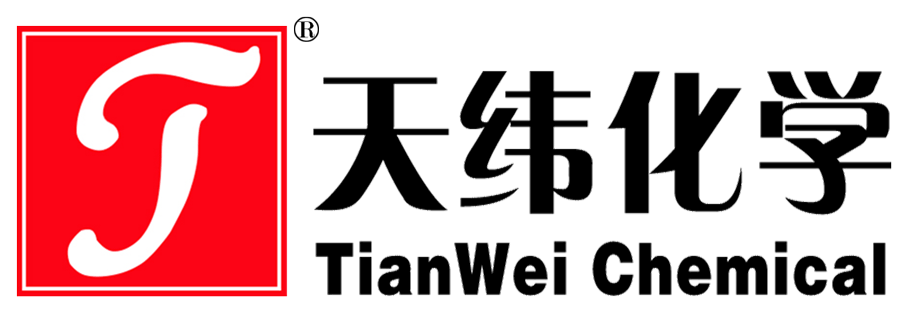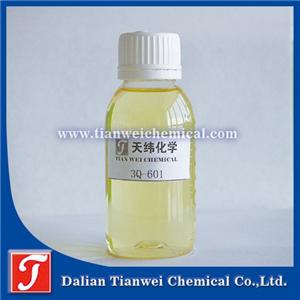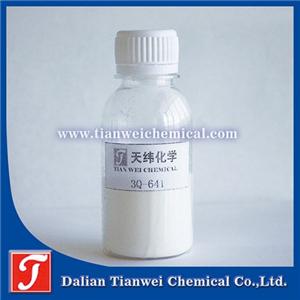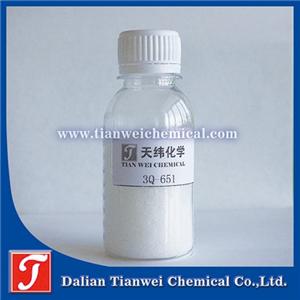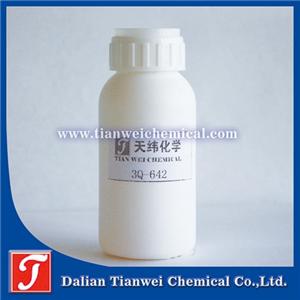Classification and application of antibacterial agents for inorganic coatings
Antibacterial agents for inorganic coatings are a type of additive that achieves antibacterial functions through inorganic components. They have the advantages of high safety, good heat resistance, and long-lasting antibacterial properties, and are widely used in fields such as construction, medical care, and home appliances. The following is a detailed introduction from aspects such as classification, antibacterial mechanism, and application scenarios:
I. Classification
Antibacterial agents for inorganic coatings can be classified into two major categories based on their antibacterial mechanisms:
Metal ion type antibacterial agent
Antibacterial components: silver ions (Ag⁺), copper ions (Cu²⁺), zinc ions (Zn²⁺), etc.
Carrier materials: zeolite, phosphate, soluble glass, bentonite, etc.
Antibacterial mechanism: Metal ions combine with sulfur and nitrogen-containing groups (such as thiol and amino groups) on the bacterial cell membrane through ion exchange or sustained release, destroying the cell membrane structure and inhibiting bacterial growth.
Photocatalytic antibacterial agent
Antibacterial components: titanium dioxide (TiO₂), zinc oxide (ZnO), etc.
Antibacterial mechanism: Under the irradiation of light (especially ultraviolet rays), superoxide free radicals (O₂⁻) and hydroxyl free radicals (·OH) are produced. These active oxygen substances have strong oxidizing properties and can damage the cell membranes and DNA of bacteria, achieving a bactericidal effect
Ii. Application Scenarios
Antibacterial agents for inorganic coatings are widely used in the following fields:
Architectural coating
Application scenarios: hospitals, schools, kindergartens, food processing plants and other places with high hygiene requirements.
Function: Inhibit the growth of bacteria and mold, prevent the formation of plaque on the coating film surface, and extend the service life of the coating.
Home appliance coating
Application scenarios: Internal coating of household appliances such as refrigerators, washing machines and air conditioners.
Function: Prevent bacterial growth and improve the hygienic environment.
Medical facility coatings
Application scenarios: Operating rooms, wards, surfaces of medical devices.
Function: Reduce the risk of cross-infection and ensure patient safety
